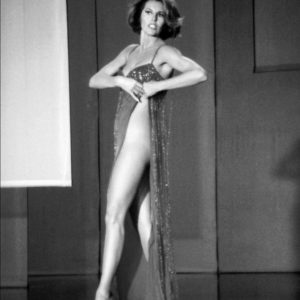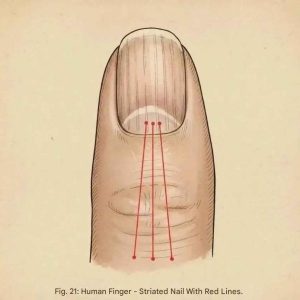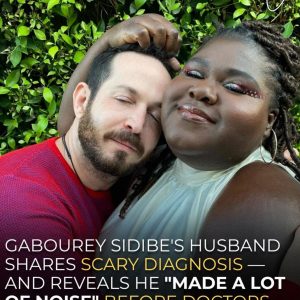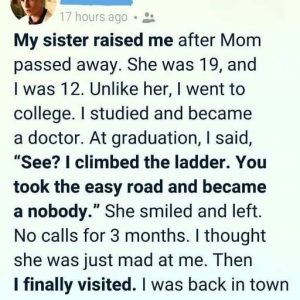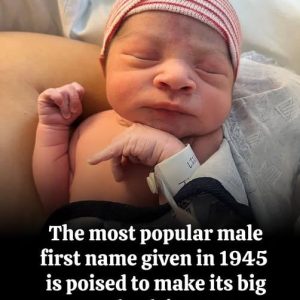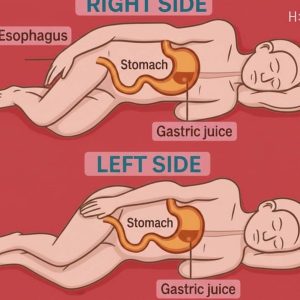Outside the Lines
Bella’s voice trembled the day she confronted me. “You must pay,” she said, though her tone held more heartbreak than fury.
She had uncovered the truth—that I was not just her aunt, but her biological mother. That I had carried her, given the egg that made her, and then handed her over to be raised by my best friend.
To her, I had abandoned her before she took her first breath. To me, I had loved her the only way I knew how.
I had believed I was giving her a better life. My friend—her mother—had longed for a child, but couldn’t conceive. I was the answer to her prayers. I offered my body, my biology, and eventually, my silence.
As Bella’s anger spilled out, what she really asked was, Why didn’t you fight for me? Why did I attend birthdays, recitals, graduations with a smile that never cracked, pretending to be nothing more than “Auntie,” while my heart broke in the shadows?
I told her everything. About the friendship. The fertility process. The promises we made. How I tried not to bond with her during pregnancy, telling myself it was just a gift—not a loss. But the moment I held her, I knew I had given away a part of my soul.
And yet, I kept the boundary. I respected the family I helped create, even when it tore at me. I cried in private—on birthdays, first days of school, graduations. I grieved quietly while loving her loudly, just out of reach.
Bella listened. Her eyes stayed guarded, but something softened at the edges.
Then she said, quietly, “I want you in my life—for real this time.”
It began with coffee. Then walks. Shared books. Art shows. Tentative steps into something neither of us had a name for. Slowly, she began calling me “my mom” when introducing me to others. A phrase that felt like a wound healing from the inside.
Then came the day her mother—my best friend—was diagnosed with early-onset Alzheimer’s.
Grief does strange things to time. As Bella and I cared for the woman we both loved, the old pain shifted. We stopped defining roles and started showing up. I became her health-care proxy, because—as Bella put it—I was “the one who never stopped caring.”
When her mother passed, we grieved as daughters, not rivals. In that quiet after, we stitched together something stronger than biology—an honest, complicated, enduring love.
Years later, when Bella gave birth to her daughter, Grace, she looked at me through sweat and tears and said, “You hold her first.” And I did. In that hospital room, the weight of history passed into my arms—not as burden, but as blessing.
Now, Grace knows me not as “Auntie,” but as one of her grandmothers. She draws us all together with crayons and calls our strange little triangle a family.
Because while legal contracts shaped the beginning of this story, it was hearts and choices that colored outside the lines—and made something beautiful anyway.
